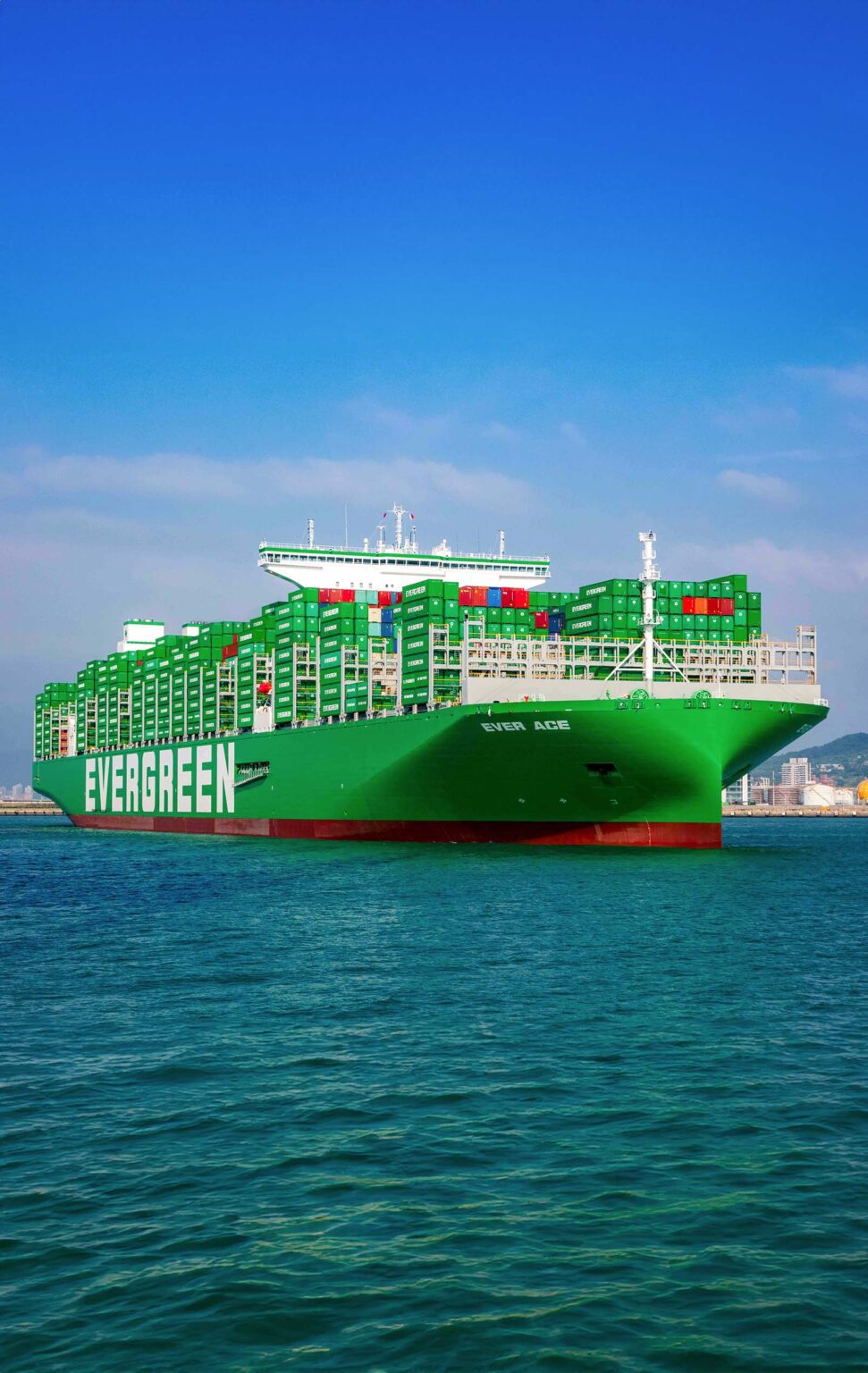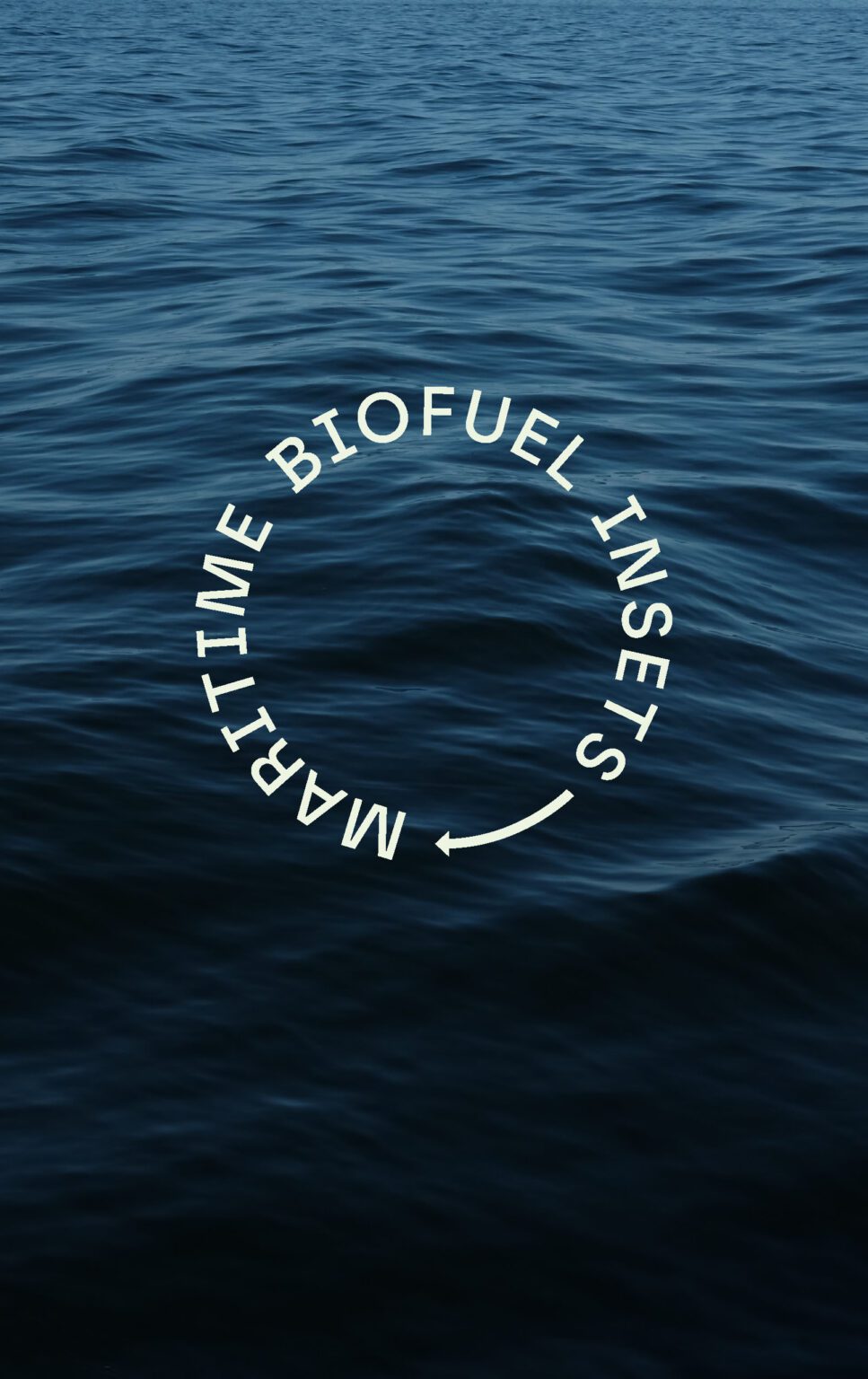Sustainability
We share a vision of a sustainable future

Climate change – our common challenge
Do you want to reduce the climate impact of the transport services you purchase? Then we share a common vision. Climate change is by far the most important sustainability challenge for us at Greencarrier Liner Agency and for our principal shipping line – Evergreen Line – that we represent. It’s a challenge that we are addressing with joint efforts, together with you.
At Greencarrier Liner Agency, we offer customers one of the more sustainable modes of transport in global logistics. Choosing shipping, ensures lower average emissions from a shipment, compared to other options. Evergreen Line works actively to maintain a fleet with energy-efficient vessels that emit less greenhouse gases.
MARITIME BIOFUEL INSETS
Shipping made fossil free
Do you want to reduce the carbon footprint of your shipments? Then we have a solution. By switching to renewable fuels on your next booking with Greencarrier, you can cut fossil emissions by up to 100 %.
This is how it works
When you choose maritime biofuel insets we replace the conventional fuel needed for the transport with biomethane (LBG). The biomethane is not always used in the specific ship transporting your goods. Instead, it is bunkered onto several ships according to the book and claim principle. When choosing maritime biofuel insets for your shipment, we issue a certificate for the CO2 reduction achieved through the fuel switch.
Ready to reduce your emissions? Join us in a shift to a more sustainable shipping industry!

Evergreen Line: on the way to net zero
Evergreen Line aims to reduce the fleet’s CO2 emissions by 50 percent by 2030 and to reach net zero emissions by 2050. To achieve this, the company is implementing and planning actions in various areas. Examples include a gradual renewal of the fleet, increased use of fossil-free fuels, and more efficient route planning.
New container ships with continuously better environmental performance
Choosing our shipping services ensures that we do our best to make your transport as climate-efficient as possible. For example, 80 percent of the 213 ships in Evergreen Line’s fleet are less than ten years old, combining high cargo capacity with good fuel efficiency and low emissions. The goal is to put several new ships into operation each year while older ships continue to be phased out.
Ships for methanol operation
In 2023, Evergreen ordered 24 ships for methanol operation, which will significantly lower CO2 emissions. In 2024, an agreement was also signed with the shipping company X-Press Feeders, meaning that Evergreen’s feeder traffic in Europe will be conducted with ships powered by methanol.
Innovation
Evergreen constantly seeks to improve environmental performance by innovation. A recent breakthrough for our principal shipping line has been the installation of so-called CCUS (Carbon Capture, Utilization, and Storage) to reduce CO2 emissions. The emissions are captured onboard the vessels and can then be stored or utilised in other markets. Evergreen is also putting substantial effort into R&D for the production of e-fuels, such as e-methanol.
Transport efficiency
Evergreen monitors and analyses the energy efficiency of every ship in its fleet to save fuel and reduce emissions. The latest technology in ship weather routing allows for the safest and most fuel-efficient route. Other technologies onboard include adjustments to the optimal trim, draft, counterweights, and hull stress distribution to ensure optimal thrust efficiency.
Sea freight – a climate-efficient alternative
The comparison shows that sea freight is the most climate-efficient transport option available for a given shipment.
The comparison shows calculated emissions for a 2 kg parcel transported a distance of 1000 km.
Let us calculate the climate impact of your transport
If you want to know the climate impact of your transport, you can order a CO2 calculation from us. The calculation is provided in a clear and concise report format.
Environmental KPI
To become a more sustainable company, we at Greencarrier Liner Agency track our aggregated and average emissions for a TEU. By tracking our emissions, we know how we are currently performing and where to focus our improvements.
g CO2 per tonne-nautical miles
Reports and policies
Sustainability
report 2023
Sustainability
report 2022
Code of Conduct
Human Rights
Due Diligence

Do you want to know more about our sustainability work?
Patrik Westræus
Head of Sustainability
Phone: +46 (0) 70 412 72 63
E-mail: patrik.westraeus@greencarrier.com